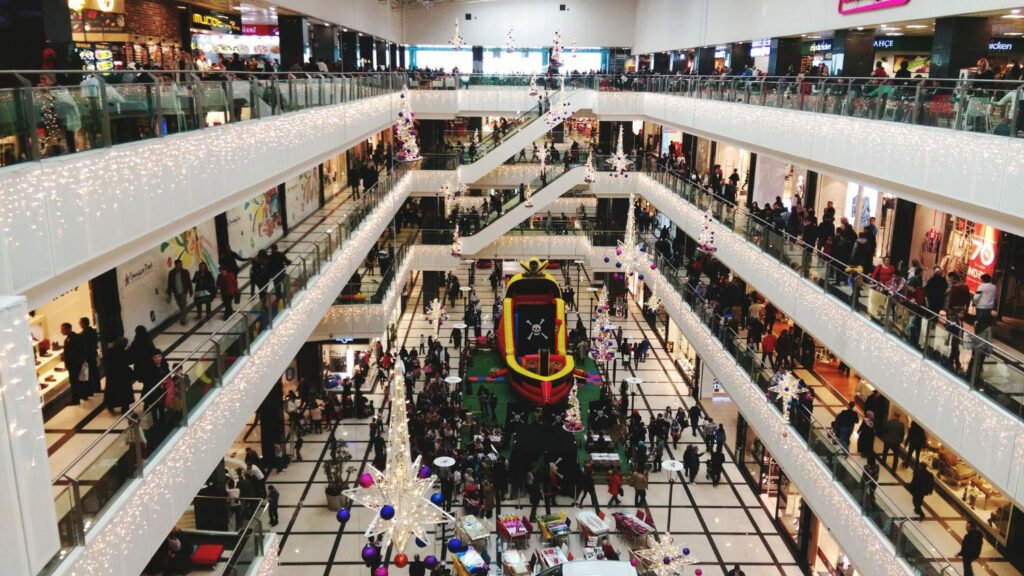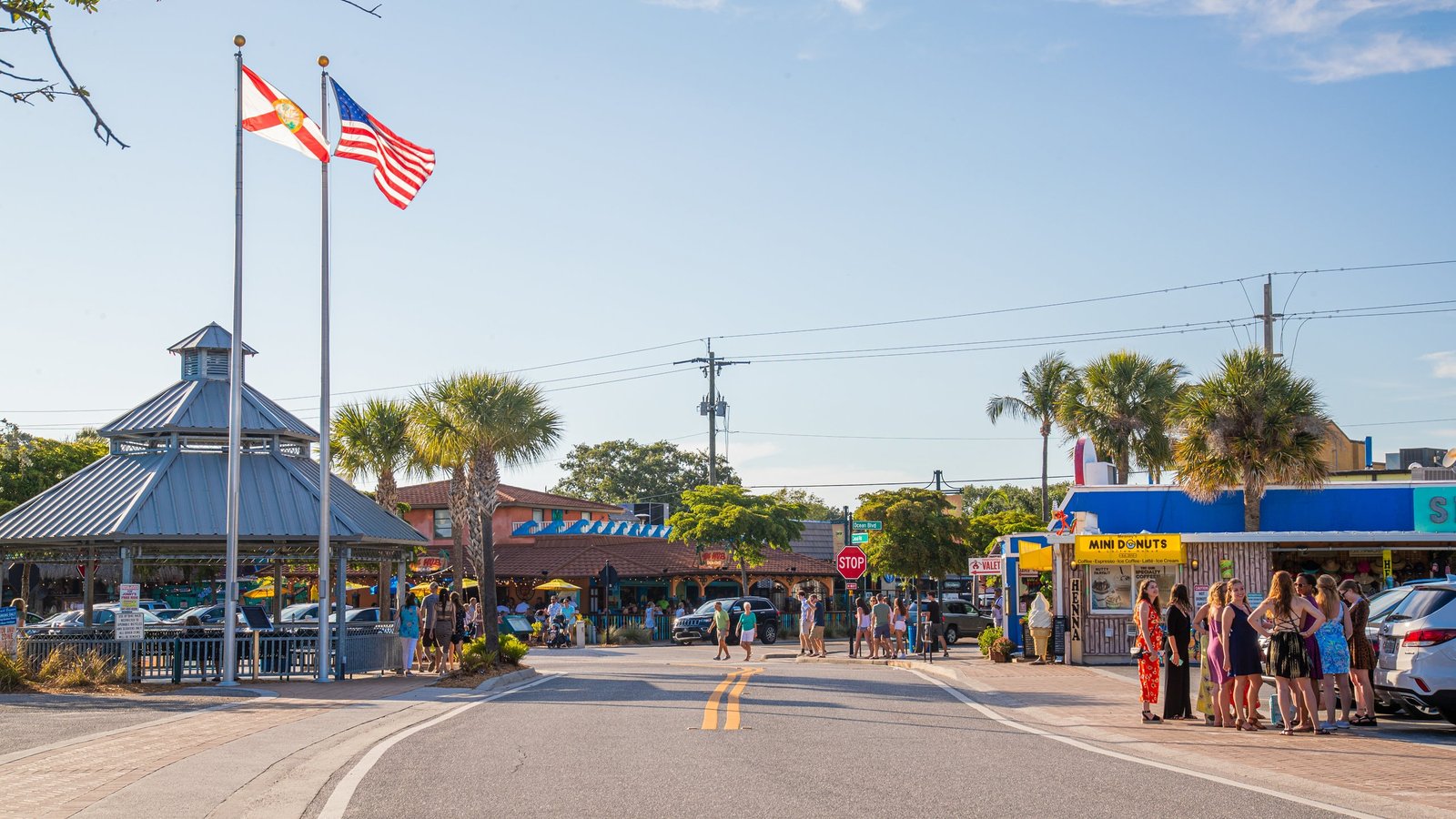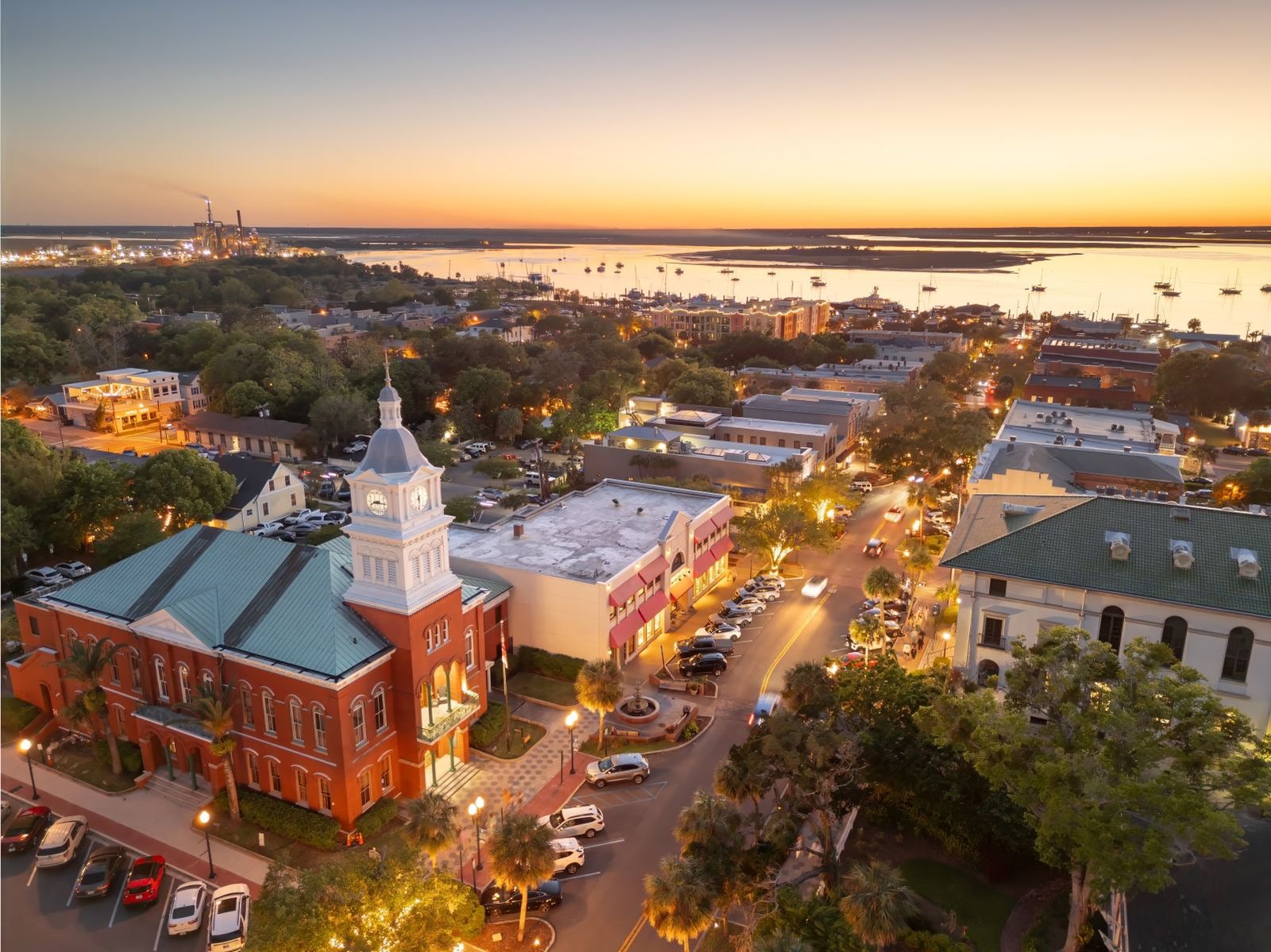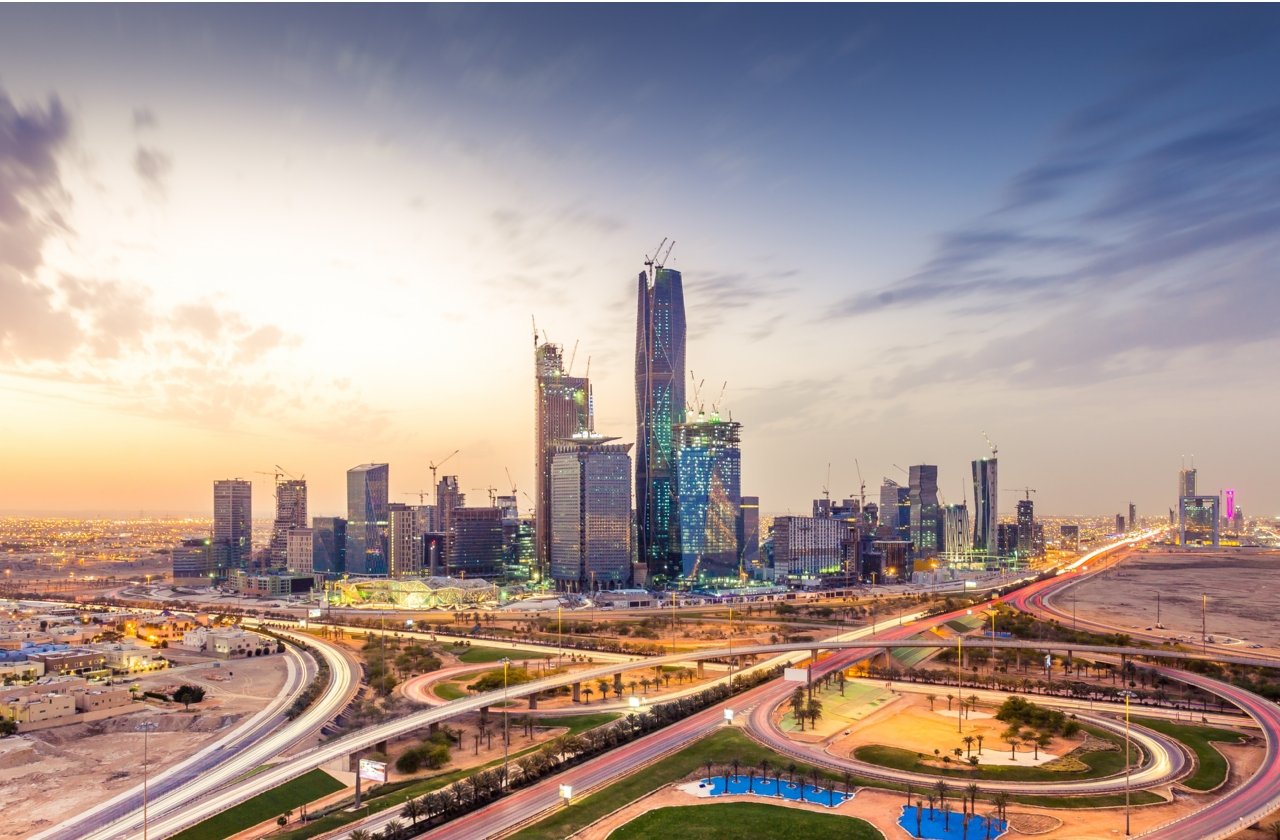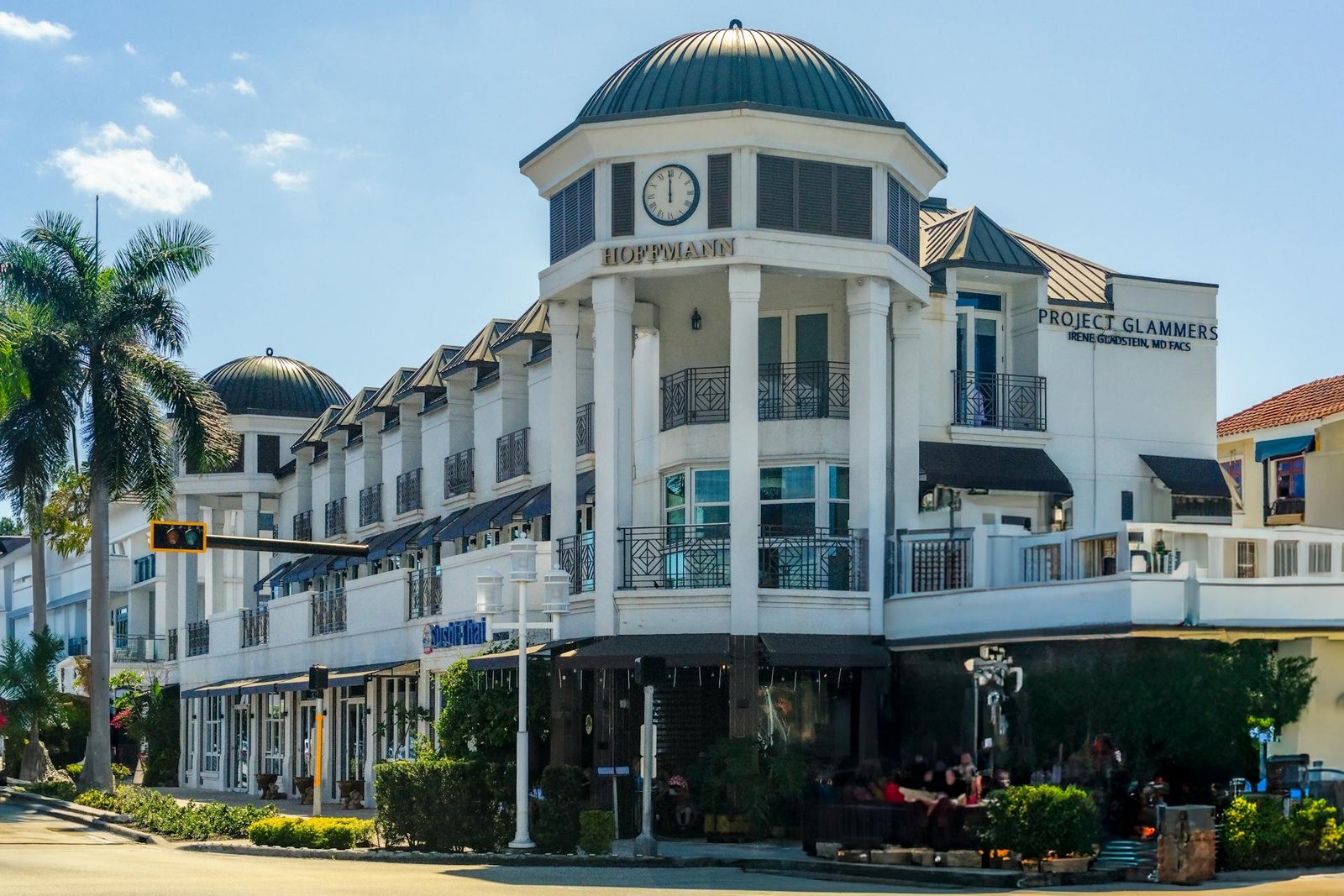As a Turkish citizen, I’ve always believed that shopping in Turkey is more than just a transaction — it’s part of who we are. From the moment you step into a traditional bazaar or a sleek, modern shopping mall, you’ll feel it: the energy, the colors, the scents, and the friendly spirit of hospitality that defines this country.
Whether you’re strolling through the Grand Bazaar in Istanbul, hunting for spices in Gaziantep, or shopping for designer labels in Izmir’s luxury malls, Shopping in Turkiye offers something unique at every turn. It’s where centuries-old crafts meet contemporary trends, and where local merchants take pride in every detail — from the way tea is served in a carpet shop to the way your purchases are wrapped with care.
In this guide, I’ll walk you through the true Turkish shopping experience — not just as a visitor, but from the perspective of someone who knows the culture, the places, and the people behind the shops. You’ll discover:
- The best cities to shop in Turkey — and what makes each one special
- A mix of traditional bazaars and world-class malls
- Authentic Turkish products worth buying (and where to find them)
- Local tips, smart bargaining techniques, and how to avoid common tourist traps
- What I personally buy when I want something truly Turkish
So whether you’re coming for the bargains, the craftsmanship, or the sheer joy of browsing — let me show you what it’s like to shop in Turkey, my way.
Best Cities for Shopping in Turkey
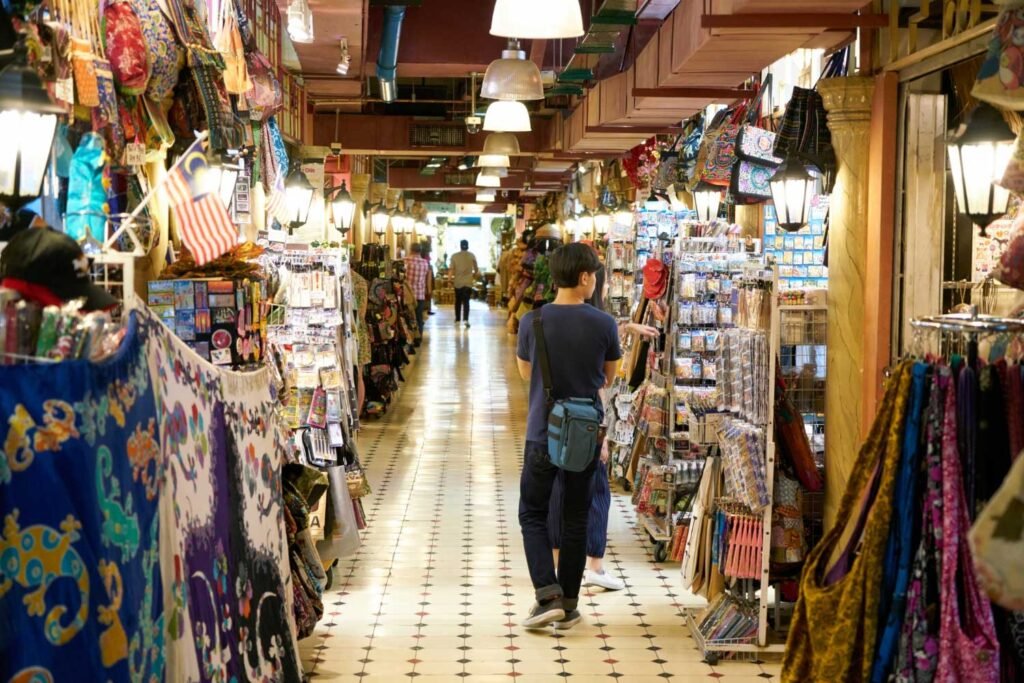
One of the best things about shopping in Turkiye is how different the experience can be depending on where you are. Each city has its own flavor, rhythm, and specialties — and as someone who’s lived here and traveled across the country, I can tell you firsthand: some of the best finds come from the most unexpected places.
Here are the top cities for shopping in Turkey, based on both variety and authenticity:
Istanbul – The Shopping Capital of Turkey
It’s impossible to talk about shopping in Turkey without starting with Istanbul. This city is where the past and future coexist beautifully — and that goes for its shopping too.
Here you’ll find:
- Historic bazaars like the Grand Bazaar and Spice Bazaar, where I still get lost in the maze of gold, carpets, ceramics, and antique shops.
- Luxury malls like Istinye Park, Zorlu Center, and Kanyon, with international brands and gourmet dining.
- Local neighborhoods like Nişantaşı and Kadıköy, filled with boutique stores, vintage shops, and emerging Turkish designers.
Istanbul has something for every taste and budget — and I always say, even if you’re not buying, just walking through these places is an experience in itself.
Izmir – Modern, Relaxed, and Stylish
Izmir, on the Aegean coast, is one of my favorite cities for casual yet trendy shopping. It has a youthful energy, great weather, and plenty of shopping centers like Forum Bornova and Agora Shopping Mall.
But the real charm? The local markets in Kemeraltı — a historic bazaar that mixes Ottoman legacy with Izmir’s laid-back lifestyle. It’s where I’ve bought everything from handcrafted jewelry to authentic spices.
Antalya – Tourist-Friendly, Yet Authentic
Antalya is often thought of as just a beach destination, but it’s also a fantastic shopping city — especially if you’re staying in the area.
You’ll find:
- Big malls like MarkAntalya and TerraCity
- Tourist markets selling local crafts, jewelry, leather goods, and souvenirs
- Weekly street bazaars, where you can find Turkish towels (pestemal), handmade soaps, and fresh produce
Antalya is where I usually recommend people pick up local gifts — the prices are fair, and the options are surprisingly diverse.
Ankara – Polished, Practical, and Elegant
As the capital city, Ankara has a slightly more formal shopping scene. It’s known for:
- Elegant malls like Panora and Ankamall
- Stylish local fashion brands and Turkish-made textiles
- High-quality ceramics, glassware, and handcrafted home items
While not as touristy, Ankara offers a refined, less crowded alternative — and the craftsmanship here is some of the best I’ve seen.
Bursa – The Textile and Silk Hub
Bursa has a long tradition of textile production, dating back to the Ottoman era. If you’re looking for real Turkish silk, cotton clothing, or local scarves, this is where you’ll find top quality — often at better prices than big cities.
The Koza Han (Silk Bazaar) is one of my favorite places in the country for buying gifts and fine fabrics. It still feels like time has stood still there.
Gaziantep – A Hidden Gem for Cultural Shopping
Gaziantep is known for its cuisine, but it’s also a fantastic place to shop for copperware, spices, sweets, and traditional fabrics. The Bakırcılar Çarşısı (Coppersmiths’ Market) is one of the most atmospheric places I’ve visited — filled with the sound of hammers and the smell of roasted pistachios.
If you want something truly handmade and deeply Turkish, Gaziantep delivers.
Best Shopping Malls in Turkey
If you’re looking for a more modern, comfortable, and climate-controlled way to shop, Turkey’s malls are top-tier. From Istanbul to Izmir and beyond, many of these malls are not just retail spaces — they’re lifestyle hubs that combine fashion, food, entertainment, and culture under one roof.
I’ve visited many of these malls myself, and whether I was there to pick up something specific or just escape the summer heat, I’ve always found something worth the trip.
Istanbul
1. Istinye Park
Located in Sarıyer, Istinye Park is one of the most upscale malls in Istanbul. You’ll find Louis Vuitton, Chanel, and Rolex side by side with Turkish luxury brands like Vakko. The open-air concept and gourmet food court make it one of my personal favorites when I want to window-shop and relax.
2. Zorlu Center
Modern, elegant, and beautifully designed — Zorlu Center blends international high fashion with a cultural vibe. You can shop at Apple, COS, Prada, and then catch a live performance at Zorlu PSM, the mall’s own concert and theater venue.
3. Cevahir Mall
This is one of the largest malls in Europe and very popular among both locals and tourists. I’ve gone here countless times for mid-range shopping, quick meals, and movie nights. It’s a great one-stop destination.
4. Kanyon Mall
An architectural gem in Levent, Kanyon offers a boutique, open-air experience with both local and global brands. I go here when I want a relaxed shopping day without the overwhelming crowds.
Izmir
Forum Bornova
A favorite in Izmir, Forum Bornova combines outdoor space, outlet pricing, and a broad selection of fashion, electronics, and homeware. It’s one of the few malls in Turkey that feels like a promenade and is perfect for an evening stroll.
Agora Shopping Mall
Located near the city center, this is one of the most accessible malls in Izmir. It has a mix of international and Turkish brands — great for casual, everyday shopping.
Antalya
MarkAntalya
This centrally located mall is always buzzing. It’s got a modern design and a strong mix of youth-focused fashion, tech, and fast food. I often recommend it to friends vacationing in Antalya for convenience and air conditioning.
Terracity
Terracity is more upscale and quieter, with brands like Massimo Dutti, Zara Home, and Tommy Hilfiger. The outdoor dining terrace is lovely in the evening — I’ve spent more than a few nights just enjoying a good meal there after shopping.
Ankara
Ankamall
As the largest mall in Ankara, Ankamall offers everything from fashion to home goods, electronics, and dining. It’s a regular destination for locals, and I’ve always found the layout easy to navigate compared to some more chaotic malls.
Panora Mall
Panora is slightly more luxurious and known for its peaceful atmosphere and beautiful interior design. If you prefer a calmer shopping experience with fewer crowds, this is your spot.
Bursa
Kent Meydanı AVM
Located near the city center, this mall has a great variety of brands, a large supermarket, and a cinema. It’s not as flashy as Istanbul malls, but for Bursa, it’s an ideal local favorite.
Whether you’re in Turkey for a short visit or a longer stay, malls offer a great way to combine retail therapy, cultural exposure, and comfort — especially during summer or winter months. Plus, you’ll often find Turkish and international brands side by side, so there’s something for everyone.
Traditional Bazaars and Local Markets Worth Visiting
While Turkey’s malls are impressive, the real magic of shopping in Turkey happens in the traditional bazaars and open-air markets. These places aren’t just about what you buy — they’re about the conversations, the colors, the smells of spices and fresh bread, and the centuries of history that surround every stall.
As someone who grew up here, I can tell you: some of my best memories — and best finds — have come from these places. Here are the ones I always recommend.
Grand Bazaar – Istanbul
Let’s start with the most iconic. The Grand Bazaar (Kapalıçarşı) is one of the oldest covered markets in the world — and trust me, it still feels alive in every way.
You’ll find:
- Handmade carpets, mosaic lamps, silver jewelry, leather bags, antiques, and more
- Friendly vendors who love to chat (and bargain!)
- Maze-like corridors filled with culture, chaos, and color
Even as a local, I still discover new corners here every time I visit.
Spice Bazaar – Istanbul
Located near Eminönü, the Spice Bazaar (Mısır Çarşısı) is smaller but just as enchanting. It’s where I go for:
- Fresh Turkish delight (lokum) and baklava
- Fragrant spices like saffron, sumac, and pul biber (red pepper flakes)
- Herbal teas, dried fruits, and natural oils
You can smell this place before you even step inside — and yes, you’ll leave with more than you planned.
Kemeraltı Bazaar – Izmir
This bazaar has its own rhythm. It’s laid-back, full of hidden gems, and deeply tied to Izmir’s Aegean identity. I’ve bought everything here from handcrafted sandals to traditional copper coffee sets.
It’s also one of the few bazaars where you can sit down for a coffee and not feel rushed — just enjoy the scene and people-watch.
Bakırcılar Çarşısı – Gaziantep
Gaziantep is famous for food, yes — but its Coppersmiths’ Bazaar is something else. You can literally hear artisans shaping metal in real-time, and the goods are all handmade:
- Copper pans, trays, coffee pots (cezve), and kitchenware
- Custom engraving — I’ve had gifts personalized here
- Affordable prices compared to bigger cities
You can feel the pride of craft here — it’s old-school in the best way.
Cumalıkızık Market – Bursa
Bursa is famous for silk and textiles, and in Cumalıkızık, a UNESCO-listed Ottoman village, the market is both picturesque and practical.
You’ll find:
- Handwoven scarves and tablecloths
- Homemade jams, soaps, and spices
- Villagers selling what they made, grew, or cooked themselves
It’s a peaceful break from the city and one of the most authentic places I’ve shopped.
Local Pazar (Street Markets) – Everywhere
Across Turkey, every city and town has its weekly street market, usually named after the day it’s held:
- Salı Pazarı (Tuesday Market)
- Çarşamba Pazarı (Wednesday Market)
- Cumartesi Pazarı (Saturday Market), etc.
These are where locals shop for produce, clothing, household items, and even handmade goods. I personally love going just to experience the sounds and banter — and yes, I always walk away with something, even if it’s just olives or fresh simit.
Pro tip:
Always bring cash, bargain politely, and don’t be shy about asking where things are made. These markets are full of genuine character — and often, the vendors are just as memorable as what they’re selling.
What to Buy in Turkey
When people ask me what they should buy when they visit, I always say: don’t just buy souvenirs — buy something you’ll keep, use, or talk about. Shopping in Turkey isn’t just about deals, it’s about taking home a piece of the culture. Whether you’re in a high-end mall or a centuries-old bazaar, there are certain items that truly stand out — and I’ve personally bought (or gifted) every one of these over the years.
Turkish Carpets and Kilims
These aren’t just rugs — they’re art. Handmade, dyed with natural colors, and full of cultural symbolism, Turkish carpets and kilims are among the most valuable things you can buy.
You’ll find:
- Wool or silk options, depending on your budget
- Regional styles (e.g., Hereke, Anatolian, Cappadocian)
- Detailed stories woven into the patterns
Tip from experience: Always ask if it’s handmade, and never buy on impulse. A good vendor will tell you the carpet’s origin and meaning — and offer you tea while they do it.
Evil Eye Charms (Nazar Boncuğu)
These blue glass charms are everywhere — and yes, we Turks really do believe they protect against bad luck.
They come in:
- Jewelry, wall hangings, magnets, bracelets
- Modern designs as well as traditional ones
It’s a simple, meaningful gift that people genuinely love — and I always carry a few when I travel abroad.
Spices and Herbal Teas
Turkish spice blends are rich, aromatic, and beautifully packaged.
Some essentials include:
- Pul biber (crushed red pepper)
- Sumac
- Dried mint
- Hibiscus and rosehip teas
- Apple tea (especially popular with tourists)
Markets like the Spice Bazaar in Istanbul or any good street market have excellent options — just make sure to smell before you buy.
Turkish Delight (Lokum) and Baklava
Forget the supermarket versions — real lokum and baklava from a good Turkish patisserie is a treat like no other.
Look for:
- Pistachio, rose, or pomegranate-flavored Turkish delight
- Pistachio-heavy, flaky baklava (try Karaköy Güllüoğlu in Istanbul)
I always gift these when I travel abroad — they’re beautifully packaged and well-loved.
Turkish Coffee Sets
If you want a stylish and cultural memento, buy a Turkish coffee set with:
- A small copper cezve (coffee pot)
- Porcelain cups (fincan)
- A matching tray and sometimes a sugar bowl
They look beautiful, and trust me — once you learn how to make Turkish coffee, you’ll keep using it.
Natural Soaps and Hammam Products
From olive oil soap to rosewater sprays, Turkey has incredible natural skincare rooted in hammam (bathhouse) tradition.
In local markets or specialty stores, look for:
- Handmade soaps from olive oil, lavender, black cumin
- Exfoliating kese (bath gloves)
- Clay masks and essential oils
I’ve switched to Turkish soaps myself — they’re better and cheaper than many store brands.
Textiles and Towels (Peştemal)
Turkish cotton and linen products are famously soft and durable.
Things to buy:
- Peştemal towels (used in Turkish baths — lightweight and beautiful)
- Embroidered pillowcases and tablecloths
- Linen scarves and pashminas
You’ll find the best ones in Bursa, Izmir, or artisan shops in Istanbul’s Grand Bazaar.
Copperware and Ceramics
Hand-beaten copper trays, cezves (coffee pots), and Turkish ceramics are both decorative and functional.
Some pieces I’ve bought over the years are still in my kitchen — and they last.
Go to Gaziantep’s Bakırcılar Çarşısı for authentic copper, or Kütahya for the country’s best ceramics.
Leather Goods and Handmade Shoes
Turkey is known for quality leather jackets, belts, shoes, and bags, often at better prices than Europe.
Check malls for modern styles or local workshops for more authentic, hand-stitched products. My own leather bag from a shop in Kadıköy has lasted me nearly a decade.
Whatever you buy, make it meaningful. Choose items that reflect Turkey’s identity — craftsmanship, hospitality, and heart.
Best Time to Shop in Turkey
Whether you’re visiting a bustling bazaar or a stylish mall, timing your shopping in Turkey can make a big difference — not just for deals, but also for the overall experience. As someone who lives here, I’ve learned when to avoid the crowds, when the best discounts roll in, and when the atmosphere is at its most magical.
Here’s what you need to know:
Winter Sales (January – February)
After the New Year, Turkish stores kick off their biggest clearance season. From fashion chains to department stores, you’ll find deep discounts on winter clothing, shoes, and even home goods.
Why go now?
- Up to 70% off on branded items
- Malls are less crowded after the holiday rush
- Great time for leather goods and boots
This is when I personally do most of my big-ticket shopping.
Summer Sales (Late June – August)
As the weather heats up, summer sales begin. Retailers offer end-of-season discounts before new collections arrive.
Expect markdowns on:
- Clothing, accessories, and shoes
- Light summer fabrics like linen and cotton
- Outdoor and beachwear — especially in coastal cities like Antalya or Izmir
Pro tip: Many locals wait for Bayram holidays during this time, when some stores add extra promotions.
Ramadan and Eid Seasons (Dates Vary)
Shopping during Ramadan and the days before Eid al-Fitr (Bayram) has a special vibe. Markets stay open late, and malls often extend their hours.
Why it’s special:
- Streets and stores are beautifully decorated
- Big discounts on clothing, sweets, perfumes, and gifts
- Ideal time for buying traditional items and party wear
I always enjoy shopping after iftar (sunset meal) during Ramadan — the energy is festive, and the city truly comes alive.
Black Friday / “Efsane Cuma” (Late November)
Turkey has its own version of Black Friday, called “Efsane Cuma” (Legendary Friday). It’s a week-long sale period, especially popular in malls and on e-commerce platforms like:
- Trendyol
- Hepsiburada
- LC Waikiki
- Boyner and Mavi
I often score great deals on electronics and clothing during this time — just make sure to act fast, as stock runs out quickly.
Spring & Autumn Shoulder Seasons
These aren’t “sales” periods per se, but they’re ideal for a pleasant, crowd-free shopping experience, especially in outdoor bazaars and markets.
Why it’s a great time:
- Comfortable temperatures
- Smaller crowds at major tourist spots
- Great time for buying local crafts, textiles, and antiques
I especially love the April–May period — it’s when everything starts blooming, including the city’s energy.
Quick Local Tips:
- Weekends are busy in malls — shop on weekdays if you can
- Avoid Friday mornings (prayer time); many shops open later
- Always check price tags for the original and discounted prices — especially during sale periods
- For handmade or artisan goods, prices stay fairly stable year-round — but bargaining is still expected
Currency, Bargaining, and Payment Tips
Whether you’re walking through a high-end mall in Istanbul or haggling in a side-street bazaar in Gaziantep, understanding how money works in Turkey is key to getting a good deal — and avoiding confusion. As someone who lives here and shops regularly, these are the things I always share with friends visiting for the first time.
Currency: Turkish Lira (₺)
- The official currency is the Turkish Lira (TRY).
- Banknotes range from ₺5 to ₺200, and coins (called “kuruş”) go from 5 to 1 lira.
- While some tourist shops quote prices in euros or dollars, always pay in lira — otherwise, you may lose out on exchange rates.
Where to exchange:
- Skip airport exchange counters (rates are poor).
- Use official exchange offices (Döviz) or Turkish banks for better deals.
- ATMs are widely available and accept international cards.
Payment Methods in Turkey
Turkey has a modern and fast-moving payment system — even street vendors often use mobile POS devices. Still, cash is preferred in small shops, markets, and local eateries.
- Cards accepted: Visa and Mastercard are widely used.
- Contactless payments: Common and encouraged (especially post-COVID).
- Mobile apps: Local payment systems like Trendyol Wallet, Papara, and Troy are widely used, but mostly by locals.
Important tip: Always carry some cash (at least 200–500₺) for smaller places, bazaars, taxi rides, and tipping.
Where Bargaining Is (and Isn’t) Okay
Bargaining is part of the culture — but only in the right places.
Yes, you can bargain in:
- Bazaars and traditional markets (especially for souvenirs, spices, carpets, etc.)
- Independent artisan shops and local boutiques
- Tourist-heavy streets and villages
Don’t bargain in:
- Malls and brand-name chain stores (fixed prices)
- Supermarkets and department stores
- High-end showrooms with marked pricing
How to do it right:
- Start by offering 60–70% of the asking price
- Be polite, smile, and engage in a little friendly chat — it makes a huge difference
- If the vendor won’t budge, walk away slowly — they’ll often call you back
My rule of thumb: If it feels like the price jumped when they saw you were a tourist, don’t be afraid to negotiate. But if you’re in a fixed-price environment, no need to try.
💡 Local Payment Tips
- Tipping (bahşiş) is appreciated but not always expected. A few lira for helpful staff, porters, or drivers is polite.
- Keep small bills for public transport, small shops, and markets.
- If using a foreign card, choose to pay in Turkish Lira (not your home currency) — you’ll get a better rate.
In short: shop smart, stay polite, and don’t be afraid to ask questions. Turkish people are generally warm and helpful, especially if you show interest in their products or culture.
Local Shopping Tips from a Turkish Citizen
Shopping in Turkey can be a joyful adventure — if you know how to navigate it like a local. Over the years, I’ve picked up a few habits that make the experience smoother, more respectful, and honestly, more fun. Whether you’re in a city mall or a coastal bazaar, here’s what I always tell friends and visitors.
1. Don’t Be Shy — Chat With the Sellers
In most markets and small shops, vendors love to engage. You’ll often be offered tea, asked where you’re from, or told a story about the product. This isn’t pressure — it’s hospitality.
Take the time to chat. It builds trust, and often leads to better prices or a small gift with your purchase.
2. Always Ask: “Is This Handmade or Machine-Made?”
Especially in bazaars and souvenir shops, it’s common to see mass-produced items mixed in with handmade goods. Asking this simple question lets the vendor know you’re a serious shopper — and not just looking for the cheapest fridge magnet.
Tip: Handmade items may cost a bit more, but the quality and story behind them are worth it.
3. Learn a Few Turkish Words — It Makes a Big Difference
Even if it’s just:
- Merhaba (Hello)
- Ne kadar? (How much?)
- Teşekkür ederim (Thank you)
…saying a few words in Turkish immediately earns you respect. I’ve seen prices drop just because someone made an effort to greet the vendor properly.
4. Be Smart With Timing
- Weekdays before noon are the best time for relaxed, crowd-free shopping.
- Evenings and weekends can get packed, especially in malls.
- During Ramadan, shop after iftar (around sunset) for the most vibrant atmosphere.
Also: avoid midday sun in outdoor markets during summer — it can be exhausting.
5. Always Inspect Before You Buy
In bazaars or open-air markets, quality can vary. Always check:
- Zippers and seams on clothing or bags
- Fragile items like ceramics or glassware
- Expiry dates on packaged goods (especially sweets and teas)
In shops that feel too “touristy,” double-check the labels — and ask where the product was made.
6. Know That “No” Means “Maybe”
If a seller gives a high price and you say “no thanks,” it doesn’t end the conversation. In Turkey, it often just starts the negotiation. If you’re genuinely interested, be patient — they may drop the price significantly.
7. Support the Real Artisans
Some of the best items I’ve bought weren’t from famous bazaars, but from small cooperatives, village markets, or women’s associations that support local crafts. Ask your hotel, guide, or a local where to find authentic spots. The prices are fair, and your money supports real artisans — not just middlemen.
8. Don’t Overpack Your First Day
If you’re visiting multiple cities, don’t blow your entire shopping budget on the first stop. I’ve had friends regret filling their suitcase in Istanbul — only to find even more unique items in Cappadocia, Gaziantep, or Izmir.
Buy what you love — but leave room for what’s still to come.
Final Tip: Trust Your Gut
If a place feels too pushy, too overpriced, or too “tourist-trap” — walk away. There’s no shortage of honest, passionate sellers across Turkey who will treat you with respect and fairness.
Shopping in Turkey, at its best, is warm, human, and full of discovery. Be curious, stay open, and don’t rush — and you’ll go home with more than just bags… you’ll take home stories.
FAQs About Shopping in Turkey
Is shopping in Turkey cheap?
Yes — especially for clothing, textiles, leather goods, and handmade products. Compared to Europe or the US, prices in Turkey are generally much more affordable, and the quality is often excellent. You’ll get the best value in bazaars and local shops, especially if you bargain politely.
Can I use my credit card in Turkey?
Absolutely. Major cards like Visa and Mastercard are accepted in most malls, hotels, chain stores, and restaurants. However, small markets, taxis, and traditional bazaars may only take cash, so it’s smart to carry some Turkish Lira with you.
Do I need to exchange money before shopping in Turkey?
It’s not required, but you’ll get better deals if you pay in Turkish Lira rather than euros or dollars. I always recommend exchanging money at a local döviz office or bank instead of the airport. ATMs are also a reliable option for getting lira.
Where can I buy authentic Turkish souvenirs?
You’ll find authentic souvenirs in:
The Grand Bazaar (Istanbul)
Kemeraltı (Izmir)
Cumalıkızık Market (Bursa)
Bakırcılar Çarşısı (Gaziantep)
Look for handmade labels, ask about the item’s origin, and avoid shops that feel overly commercial or mass-produced.
Can I get a tax refund as a tourist?
Yes — if you spend more than ₺2,000 TRY (approx.) in a single store that participates in the “Tax Free for Tourists” program.
Here’s how it works:
Ask for a tax-free form (Fatura) at the time of purchase.
Show it at customs before departure and get it stamped.
Claim your refund at the airport or through an online service.
Keep your receipts and passport handy — not all stores offer this option, so ask before buying.
Is it okay to bargain in Turkey?
Definitely — but only in the right places. Bargaining is welcome in:
Bazaars
– Street markets
– Artisan shops
– Tourist souvenir stores
Do not bargain in malls, brand outlets, supermarkets, or stores with digital pricing systems
What are the best items to bring home from Turkey?
Popular and meaningful items include:
Turkish carpets and kilims
Evil eye charms (nazar boncuğu)
Spices, teas, and sweets
Natural soaps and hammam products
Handmade ceramics and copperware
Turkish textiles and peştemal towels
Many of these are locally made, affordable, and rich in tradition — making them ideal for gifts or personal keepsakes.
Are shops open on weekends?
Yes. Most malls and big stores are open 7 days a week, typically from 10:00 AM to 10:00 PM.
In traditional areas:
Bazaars are often closed on Sundays, especially in conservative towns.
Street markets (pazar) are held on specific weekdays — e.g., Salı Pazarı on Tuesday.
Tip: Friday afternoons can be slower in small towns due to mosque prayers.
Thank you for joining me on this journey through shopping in Turkey — a country where every corner has something to offer, and every purchase can carry a story. Whether you’re browsing the colorful chaos of the Grand Bazaar or sipping Turkish coffee between boutique stops in Izmir, I hope this guide helps you shop not just with confidence — but with curiosity and joy.
At TourYana, we don’t just list places to shop — we share local insights, traveler tips, and cultural context you can’t get from just a map. As a Turkish citizen, I’ve walked these markets, tested these brands, and talked with the artisans. And I’m here to help you do the same — wherever your trip takes you.
Do you have a question about shopping in Türkiye? Contact me now.


